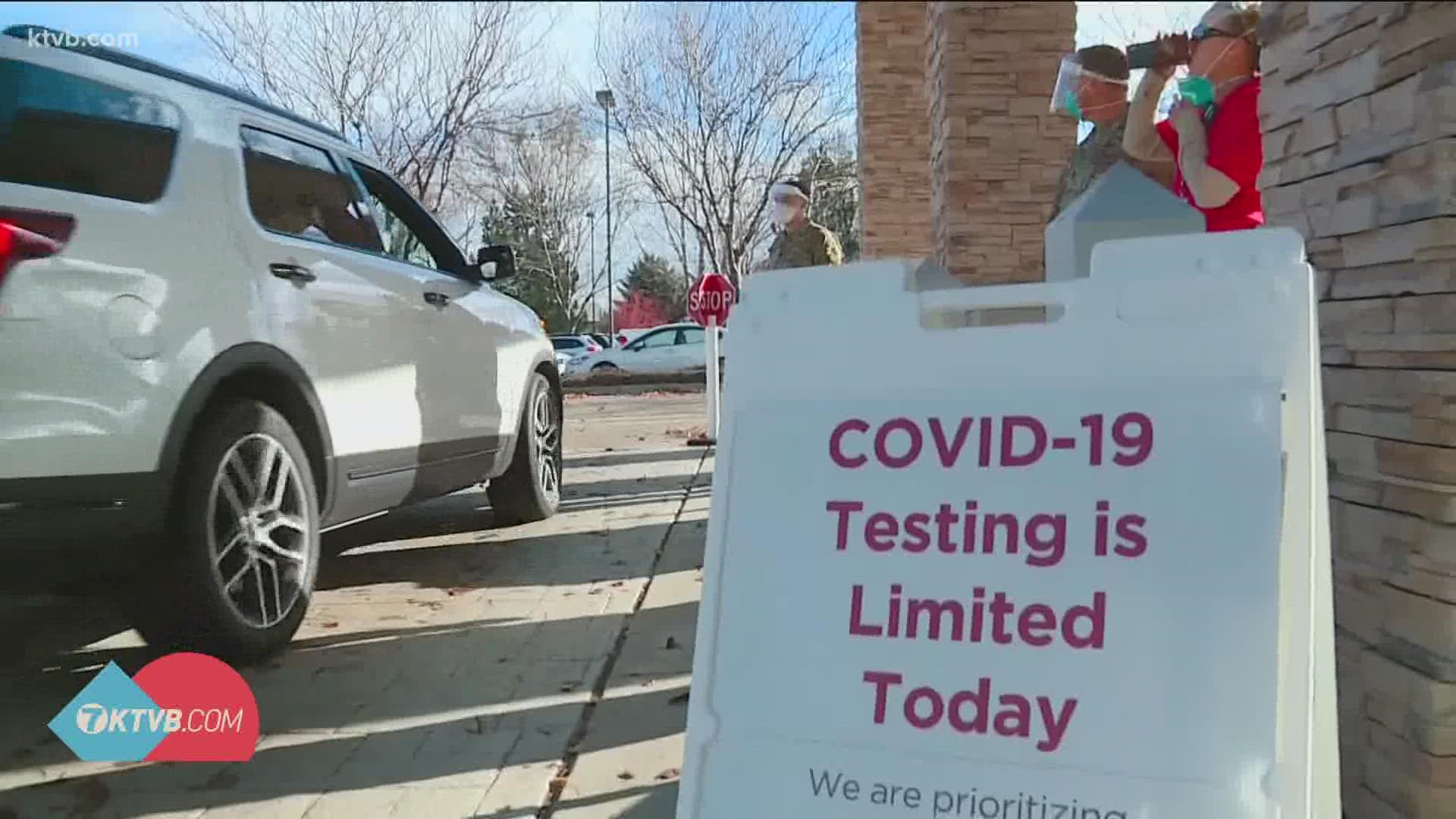BOISE, Idaho — As Omicron cases surge throughout the United States, some Idaho 'long haulers' fear that getting COVID-19 a second time may make their symptoms worse.
A COVID long hauler is a person who has lingering effects of the virus months after initial infection.
“Are these symptoms going to go away, are we ever going to get our life back - our old life back - where we don't have to worry about catching something and the symptoms coming back or being worse,” Sharon from Meridian, who has been dealing with long COVID since November of 2020, told KTVB.
Sharon still deals with fatigue and a cough over a year after getting COVID. She said every day she is concerned that getting infected again will worsen her symptoms.
“If it would make it better then I would be like okay, bring it on, you know?” Sharon said.
According to Amber O’Toole from Boise, who has been a longer hauler since March of 2020, getting infected by what she believes to be Omicron made her symptoms worse.
“This made it so I'm sleeping a lot more, I'm in more pain, my headaches are more severe than what they were before,” O’Toole said.
According to O’Toole, before getting COVID, she was in good health and worked out frequently. Since getting diagnosed with COVID, O'Toole has experienced over 60 different symptoms, some have persisted.
“I looked like I had Parkinson's for three months," O'Toole said. "That's actually why I stopped working, because I had such severe hand tremors, but it also worked into my neck as well."
O’Toole is a hairstylist and a mother of two. She said she’s battled persistent headaches since September of 2020 and is sensitive to light and noises.
In December she said many of her symptoms were starting to get better. O'Toole caught COVID-19 for the second time in January 2022, which she believes was the Omicron variant. Since then, she has experienced worse fatigue, severe headaches and muscle weakness.
“I actually feel like it was a little bit of a step back,” O'Toole said.
She added that during her first infection in March of 2020, her long haul symptoms did not set in until after six months. O'Toole worries that being infected again could potentially have the same effects.
"You don't know how it's going to affect you months from now," O'Toole said. "COVID is kind of a genius in that it can slowly interrupt your life."
Facts not fear: More on coronavirus
See our latest updates in our YouTube playlist:

